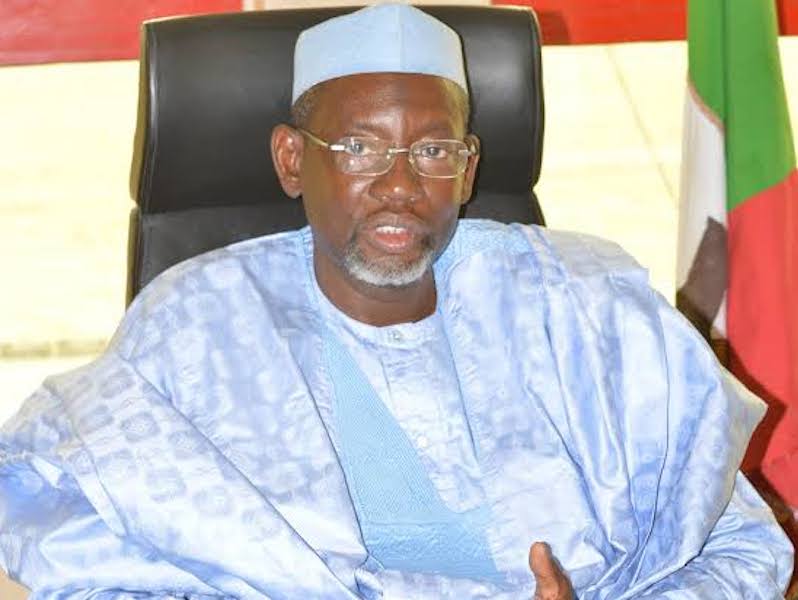The Lagos Chamber of Commerce and Industry (LCCI) has urged stakeholders of the Africa Continental Free Trade Area (AfCFTA) to finalize critical parts of the agreement for the benefit of member states.
Mrs Toki Mabogunje, President, LCCI, said this at the 37th Omolayole Management Lecture with the theme “African Continental Free Trade Area (AfCFTA)- Prospects for African Youth Leadership”, on Thursday in Lagos.
The Omolayole Management Lecture (OML) Series is an annual activity by the AIESEC Alumni Nigeria in honour of Dr Michael Omolayole to address contemporary socio-economic issues of national and international concerns.
Mabogunje noted that several key issues including schedules of tariff concessions, schedules of service commitment, rules of origin, investment, competition policy and intellectual property rights were inconclusive.
She said that there still existed the lack of clarity about the type of value addition that must occur within an AfCFTA State party for a product to benefit from tariff reduction.
Mabogunje said that there were pending negotiations at continental level delaying the implementation of the trade agreement.
“There are also concerns about the adherence of participating countries to the protocols within the AfCFTA framework.
“Africa’s trade narrative has been challenged by trade malpractices such as smuggling, unilaterism and violation of trade protocols.
“”Within the context of developing nations, economic integration creates a trade diversion risk in which trade shifts from a lower cost producer outside the continent to a higher cost producer in the African continent.
“Africa’s weak legal and institutional framework is yet another source of concern.
“We must make a case for a well-structured implementation of the Agreement that would easily accommodate young entrepreneurs, startups and young leaders from all spheres in Africa,” she said
The Managing Director, Bank of Industry (BoI), Mr Olukayode Pitan, stressed the need to address the risks to realise the gains expected for a free trade area.
Pitan also noted the need for increased infrastructure investment in Nigeria, saying that one way to achieve this was through public-private partnerships (PPPs) which should be significantly leveraged to build sustainable infrastructural facilities.
This, he said, would be possible across the country, while government provides an enabling governance framework.
He said that in spite of making up a significant percentage of the continent’s population, the participation of young people in cross-border trade and trade governance matters was still very limited.
“Improving transparency and ease of doing business in Nigeria has a larger implication now that the AfCFTA has taken off.
“This would enable foreign investors to make informed decisions on where to site their manufacturing hubs within African nations that will provide them with more benefits.
“Because there are no restrictions on moving goods across borders, the need to establish a business in a country where it is easier to operate will now be a more desirable factor than the existence of market prospects,” he said.
Dr Michael Omolayole, First Indigenous Chairman, Unilever Nigeria Plc, said the provisions of the AFCFTA, if sincerely implemented by African countries, would likely propel them from third world countries to first world.
“On our part as Nigerians, I think we were over cautious in being reluctant to ratify the treaty until the last moment.
“We could have avoided the hesitation, if we had set up a think-tank of brilliant and knowledgeable Nigerians in the matter of economics and free trade, right from the beginning of the African Union (AU) deliberating on the matter.
“It is better late than never, but think-tanks can still be set up and our brilliant young people with requisite knowledge should be encouraged to dissect and digest the treaty and to set up study groups to master the treaty inside out,” he said. (NAN)



